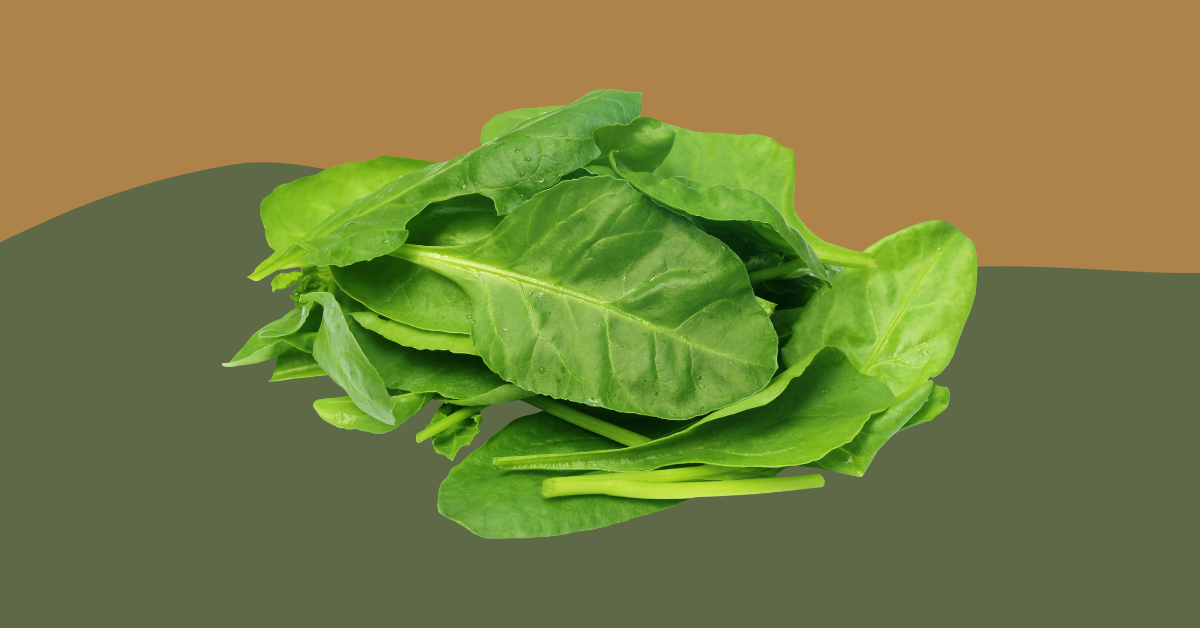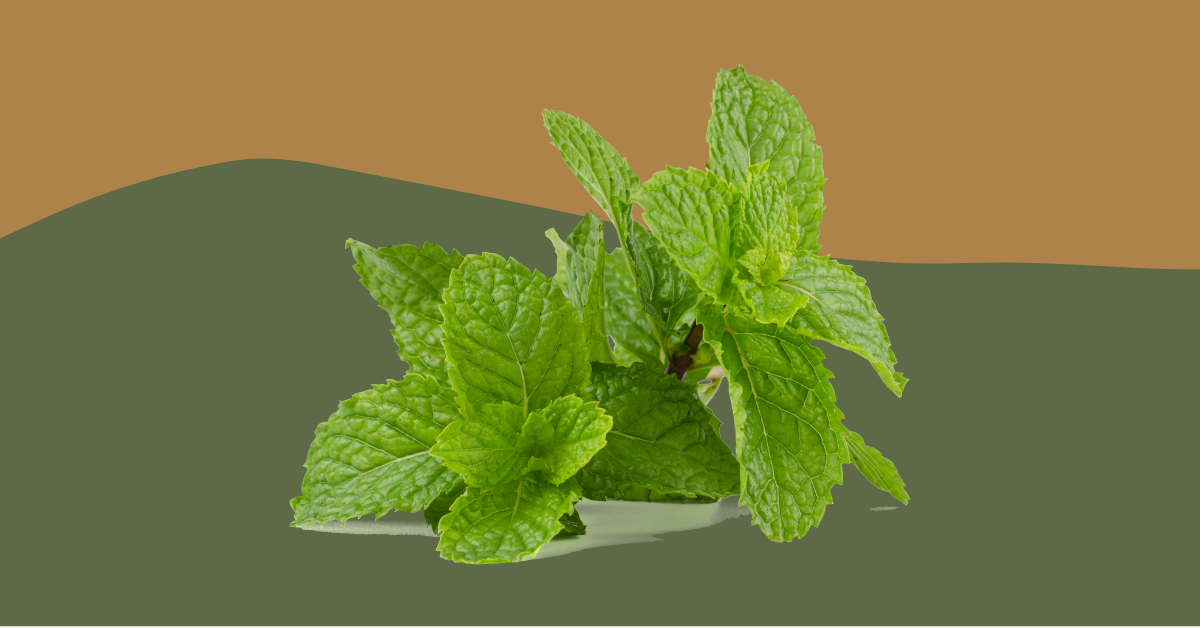Yes, bearded dragons can eat spinach, but it should be given in moderation due to its high oxalate content. Too much spinach can lead to health issues for your bearded dragon.
Table of contents
As omnivorous creatures, bearded dragons require a balanced diet of both plant-based and animal-based food sources. One common question among bearded dragon owners is whether or not they can feed their pets spinach. In this article, we will discuss the do’s and don’ts of feeding spinach to bearded dragons, best practices for their care, a step-by-step preparation guide, and answer some frequently asked questions.
Related Article: Bearded Dragon Care: Expert Tips and Insights
Do’s
- Feed spinach in moderation: Spinach contains high levels of oxalates, which can bind with calcium and lead to nutrient deficiencies in bearded dragons. Offer spinach as an occasional treat rather than a staple food.
- Combine spinach with other leafy greens: Mixing spinach with other low-oxalate greens, like dandelion greens, collard greens, and mustard greens, can help balance the nutrient profile.
- Chop spinach into small pieces: Smaller pieces are easier for bearded dragons to eat and digest.
Don’ts
- Don’t overfeed spinach: As mentioned earlier, too much spinach can cause health issues due to high oxalate content.
- Don’t feed wilted or spoiled spinach: Always provide fresh, clean spinach to ensure optimal nutrition and avoid bacterial growth.
- Don’t rely on spinach as a primary food source: Bearded dragons need a varied diet to remain healthy, so ensure you’re providing other nutritious foods.
Best Practices for Feeding Spinach to Bearded Dragons
Following best practices when feeding your bearded dragon will ensure their safety and overall health. Here are some best practices to keep in mind:
- Offer spinach occasionally: To avoid potential health issues due to the high oxalate content in spinach, it’s essential to limit its intake. Feed your bearded dragon spinach once every week or two, ensuring that it doesn’t become a staple in their diet.
- Monitor your bearded dragon’s health: Keep a close eye on your bearded dragon’s overall well-being, which includes observing their energy levels, appetite, and bowel movements. If you notice any changes or concerns after feeding them spinach, it’s best to consult your veterinarian for further advice.
- Ensure a balanced diet: Maintaining a varied and balanced diet is crucial for your bearded dragon’s health. Apart from spinach, include other low-oxalate leafy greens such as dandelion greens, collard greens, mustard greens, kale, and escarole. Additionally, provide a mix of vegetables like bell peppers, squash, and carrots. Don’t forget the importance of insects as a protein source; crickets, dubia roaches, mealworms, and waxworms are all excellent choices.
- Follow proper food preparation guidelines: To maintain optimal nutrition and hygiene, always wash spinach and other greens thoroughly under cold running water. This helps remove any dirt, contaminants, or pesticide residue. After washing, pat the leaves dry with a clean towel or paper towel.
- Adjust portions according to age and size: The amount of spinach and other greens you feed your bearded dragon should be tailored to their age and size. Juvenile bearded dragons need more protein, so they should have a diet consisting of about 50% greens and vegetables, with the other 50% being insects. For adult bearded dragons, vegetables and greens should make up around 80-90% of their diet, while insects should comprise the remaining 10-20%.
- Use appropriate feeding equipment: When feeding spinach and other greens, it’s important to use a shallow dish that is easily accessible for your bearded dragon. Alternatively, you can place the greens directly on the floor of the enclosure, provided it is clean and free of debris. Avoid using deep dishes or placing food on loose substrates, as this can make it difficult for your bearded dragon to eat and may lead to accidental ingestion of substrate.
Related Article: Bearded Dragon Feeding Guide: Nutrition Tips
Step-by-Step Guide to Preparing Spinach for Your Bearded Dragon
Step 1
Select fresh spinach: Choose spinach leaves that are vibrant, green, and free of blemishes or wilting.
Step 2
Wash the spinach: Thoroughly rinse the spinach under cold running water to remove any dirt or contaminants.
Step 3
Chop the spinach: Cut the spinach into small, manageable pieces for your bearded dragon.
Step 4
Mix with other greens: Combine the spinach with other leafy greens to provide a balanced meal..
Step 5
Serve the spinach: Place the spinach mixture in a shallow dish or directly on the floor of your bearded dragon’s enclosure.
Need Recommendations?
Here’s Our Top Amazon Picks
You may also like 📖
Frequently Asked Questions
Why are oxalates a concern for bearded dragons?
Oxalates can bind with calcium, preventing its absorption and leading to calcium deficiencies. Calcium is essential for bearded dragons’ bone growth and overall health.
What are other low-oxalate greens to feed bearded dragons?
Low-oxalate greens include dandelion greens, collard greens, mustard greens, kale, and escarole.
How often should I feed my bearded dragon vegetables and greens?
Adult bearded dragons should consume vegetables and greens daily, making up about 80-90% of their diet. Juveniles need more protein, so vegetables and greens should make up around 50% of their diet.
What insects are suitable for bearded dragons?
Some of the most nutritious insects for bearded dragons include crickets, dubia roaches, mealworms, and waxworms. It’s essential to provide a variety of insects to ensure a well-rounded diet.
Can bearded dragons eat canned or cooked spinach?
It is best to feed bearded dragons fresh, raw spinach. Canned spinach often contains added sodium, and cooking can reduce the nutritional value of the spinach.
Conclusion and final thoughts 💭
While bearded dragons can eat spinach, it is crucial to feed it in moderation due to its high oxalate content. By incorporating spinach into a well-rounded diet that includes various leafy greens, vegetables, and insects, you can ensure that your bearded dragon receives the nutrients it needs to stay healthy.
Always monitor your bearded dragon’s health and consult your veterinarian if you have any concerns.
Looking for more? Here’s our roadmap:
General Bearded Dragon Pet Owners Guide
Bearded dragons are native to the arid regions of Australia and are known for their unique beard-like appearance. As pets, they have become increasingly popular due to their friendly and inquisitive nature, making them an ideal choice for reptile enthusiasts. Bearded dragons are diurnal, meaning they are active during the day, and their average lifespan ranges from 8 to 12 years, with proper care. When considering adopting a bearded dragon, it’s essential to be prepared for a long-term commitment and be well-informed about their care requirements.
One of the most crucial aspects of bearded dragon care is providing an appropriate enclosure. Adult bearded dragons thrive best in a 20 to 50-gallon tank, but a larger enclosure is always better. It’s important to always keep the tank clean. The tank should have a basking area with a temperature range of 95-110 degrees Fahrenheit, as well as a cooler area with a temperature between 75-85 degrees Fahrenheit. In addition, bearded dragons need access to UVB lighting to help them synthesize vitamin D3 and properly metabolize calcium, which is vital for their bone health.
A balanced diet is essential for a healthy bearded dragon. Their dietary requirements change throughout their life stages; juvenile bearded dragons need a higher protein intake, with insects making up around 80% of their diet and the remaining 20% consisting of vegetables and fruits. As they grow into adults, their diet should consist of approximately 20% insects and 80% vegetables and fruits. It’s important to offer a variety of food items to ensure they receive all the necessary nutrients, and to dust their food with calcium and multivitamin supplements as recommended by a reptile specialist or veterinarian.
Regular interaction and observation of your bearded dragon are vital for maintaining their well-being. Handling your pet gently and frequently can help build trust and strengthen your bond. Monitor your bearded dragon’s behavior, appetite, and overall health to detect any potential issues early on. If you notice any signs of illness, such as lethargy, loss of appetite, or irregular bowel movements, consult a reptile specialist or veterinarian for guidance. Proper care, feeding, and attention will ensure your bearded dragon remains a happy and healthy companion for years to come.







Leave a Reply